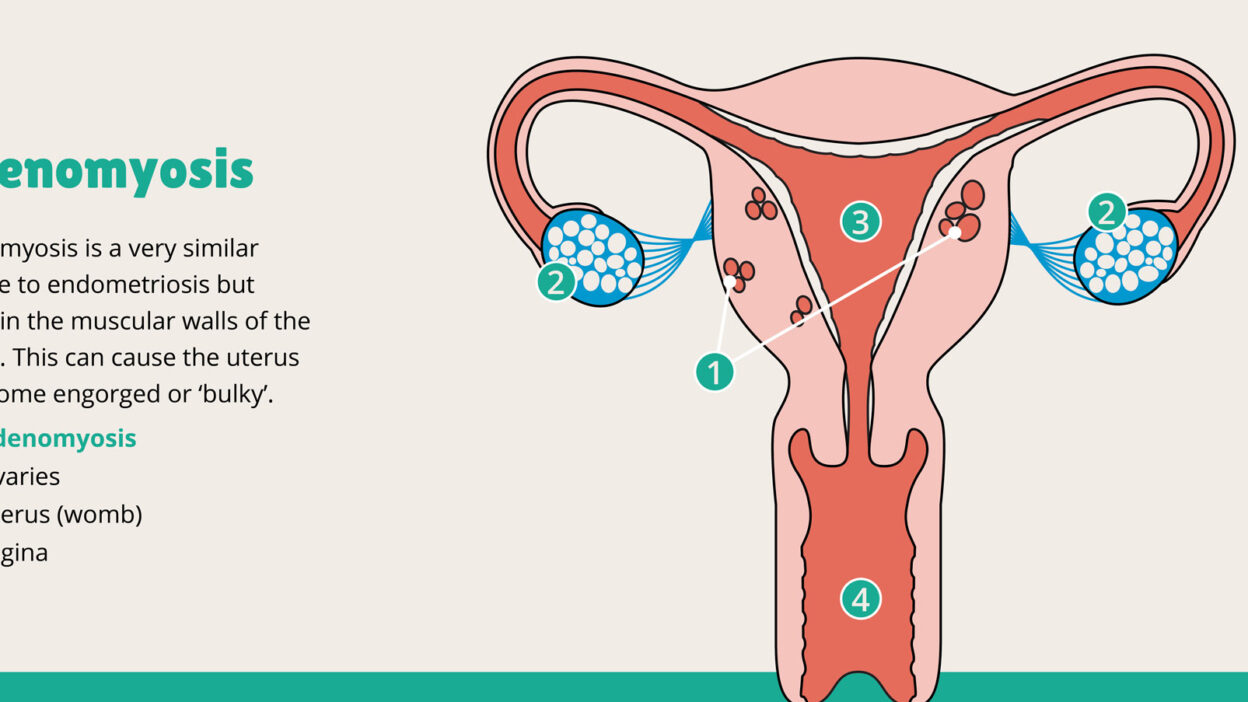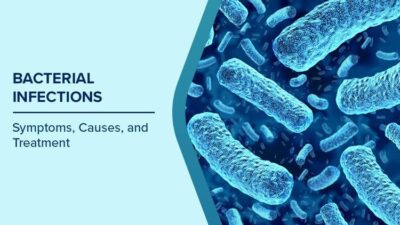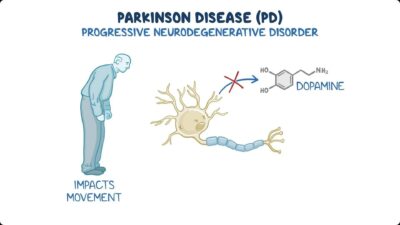What is Adenomyosis Disease?
Adenomyosis is a gynecological condition where the inner lining of the uterus (endometrium) grows into the muscular wall of the uterus (myometrium). This abnormal growth makes the uterus larger, causes heavy and painful periods, and can lead to fertility problems.
Unlike endometriosis (where tissue grows outside the uterus), adenomyosis happens inside the uterus walls, which makes it difficult to diagnose and treat.
Table of Contents
Adenomyosis Symptoms
Early Symptoms
- Heavy menstrual bleeding (menorrhagia)
- Severe menstrual cramps (dysmenorrhea)
- Pelvic pain or pressure
- Fatigue due to anemia
Severe Symptoms & Adenomyosis Stage 4
When adenomyosis progresses to stage 4, symptoms can be very intense:
- Extremely heavy bleeding leading to iron-deficiency anemia
- Severe chronic pelvic pain
- Uterus enlargement (often called adenomyosis belly)
- Pain during intercourse
- Fertility issues and higher risk during pregnancy
Adenomyosis vs. Endometriosis
Many women confuse adenomyosis with endometriosis, but they are distinct conditions:
| Aspect | Adenomyosis | Endometriosis |
|---|---|---|
| Location | Endometrial tissue within uterine wall | Endometrial tissue outside uterus |
| Primary Symptoms | Heavy bleeding, enlarged uterus | Painful periods, infertility |
| Diagnosis | MRI, ultrasound (often difficult to diagnose) | Laparoscopy (gold standard) |
| Fertility Impact | May affect implantation | Often causes infertility |
| Treatment | Hormonal therapy, hysterectomy | Hormonal therapy, excision surgery |
Adenomyosis Cancer Symptoms
Adenomyosis is not cancer, but it sometimes mimics symptoms of uterine cancer. Women often worry because both conditions share signs like:
- Heavy and irregular bleeding
- Pelvic pain
- Uterine enlargement
Doctors usually perform imaging tests and biopsies to differentiate adenomyosis from endometrial or uterine cancers.
Causes of Adenomyosis Disease
The exact cause remains unclear, but medical experts suggest:
- Hormonal imbalance – estrogen and progesterone play a major role.
- Invasive tissue growth – endometrial cells grow into the uterine wall.
- Genetics – family history of adenomyosis or endometriosis.
- Uterine surgeries – such as C-sections or fibroid removal.
- Inflammation of the uterine lining – may trigger abnormal tissue growth.
How is Adenomyosis Diagnosed?
Adenomyosis is tricky to diagnose because its symptoms mimic other conditions.
Adenomyosis Disease Blood Test Results
- Low hemoglobin (due to blood loss)
- Hormonal imbalances (estrogen and progesterone levels checked)
- Rule out cancer markers if cancer is suspected
Imaging & Ultrasound Tests
- Transvaginal ultrasound
- MRI scan – the most reliable imaging for adenomyosis
- Sometimes, diagnosis is confirmed after hysterectomy biopsy
Adenomyosis and Pregnancy
Adenomyosis can make pregnancy difficult, but not impossible.
- Women with mild adenomyosis often conceive naturally.
- Severe adenomyosis (stage 4) may lead to miscarriages or complications.
- Fertility treatments like IVF (in vitro fertilization) may help.
Living with Adenomyosis – Coping & Daily Care
- Keep a pain diary to track triggers.
- Use heat pads during painful periods.
- Maintain a healthy weight to regulate hormones.
- Prioritize mental health support, as chronic pain can cause anxiety and depression.
- Stay connected with support groups for women with adenomyosis.
How I Cured My Adenomyosis ?
While adenomyosis has no permanent cure except hysterectomy, many women share success stories of managing it naturally. Some report improvements by:
- Following an anti-inflammatory diet
- Practicing stress management (yoga, meditation)
- Taking herbal supplements like turmeric and ginger
- Using hormonal therapy prescribed by doctors
These stories inspire others that while adenomyosis can’t always be cured, it can be controlled
FAQs About Adenomyosis
1. Is adenomyosis cancerous?
No, adenomyosis is a benign condition, though it shares some symptoms with uterine cancer. Proper diagnosis is essential to rule out malignancy.
2. Can adenomyosis turn into cancer?
Current research shows no increased risk of uterine cancer with adenomyosis.
3. Does adenomyosis always cause infertility?
Not always. Many women with adenomyosis conceive naturally, though it may take longer or require assistance.
4. Will adenomyosis go away after menopause?
Yes, symptoms typically improve after menopause as estrogen levels decline.
5. Is weight gain common with adenomyosis?
Some women experience bloating and temporary weight fluctuations due to inflammation and uterine enlargement.



